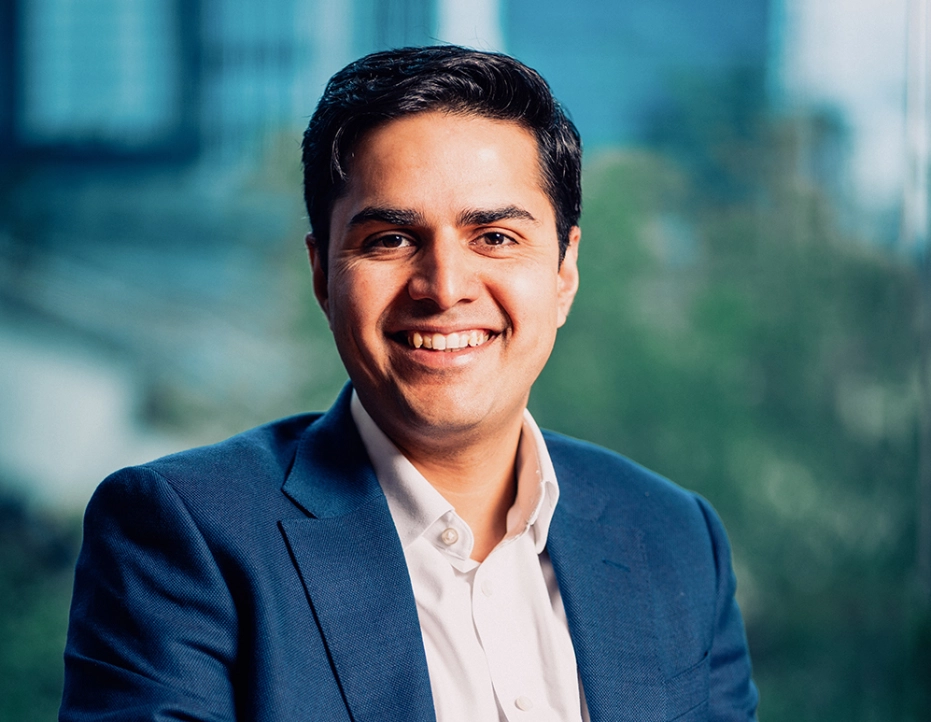Stay in the know
We’ll send you the latest insights and briefings tailored to your needs
One of the key things is the cross-jurisdictional flow of capital. A lot of capital is moving from European asset owners – pension funds and insurers – into emerging markets. Africa and Asia, in particular, is benefitting with renewable energy projects in those regions.
The other trend is investors exploring new sectors, such as hydrogen or investing into the wider energy eco-system, such as metals and minerals. What that means is that the investors in this space are going beyond typical financial investors and also increasingly include industrials and other corporates looking for strategic rather than passive acquisitions. In the energy and extractive sectors, we're coming across players who are not your classic institutional investors.
Mainstream wind, solar and so on are still of interest but it is increasingly challenging to obtain offsets for classic renewable energy as it's not that much more expensive to produce and there's capital there already. If you're investing to generate carbon credits, there are strategies like afforestation, and other natural resource-focused strategies as well as newer technologies like hydrogen. The changing landscape around the availability and reliability of carbon credits is also pushing investors seeking such credits away from mainstream renewables.
Although the flow of capital from Europe to the emerging markets continues, there are a couple of headwinds which may affect this over the next few years.
The first is that some markets are considering self-sufficiency when it comes to renewable energy projects. I was in India for a conference a few weeks ago and there was a question about how reliant they should be on foreign capital for areas of the economy which should be funded by the government or large Indian investors. Obviously, in some emerging market jurisdictions that's harder to do, as the capital is simply not present. But in other jurisdictions where there are domestic sources of capital, there may well emerge a drive to be more self-sufficient.
The second is the Inflation Reduction Act in the US, which is bound to impact global capital flows. The need to reduce reliance on China and to establish value chains which are not linked to China will also have a material impact.

Shantanu Naravane
Partner, Herbert Smith Freehills
That is a real concern for our larger clients, particularly those with global operations and significant US investors. Most of the large institutional investors in Europe still expect robust sustainability-related practices while there are several US institutional investors who view this as a trade-off against pure financial returns.
Smaller asset managers have the option of picking which investor base they wish to target, but for larger asset managers, it is becoming increasingly important to walk the tightrope on greenwashing and to come up with investment strategies which align financial and non-financial returns.
There's a lot of focus on it because there's a lot of political discourse and regulatory scrutiny around it. Anyone talking about ESG as a distinguishing factor is coming under a lot of scrutiny. There are journalists searching reports to find holes they can pick in disclosures and that wasn't there a few years ago. That is making people far more focused on what they're putting in their disclosures.
Investors have become pickier. There was a time, a few years ago, where if your fund had some ESG characteristics, or a sustainability flavour to the investment strategy, that was enough to open doors and have good client conversations. Now more people are doing it, so distinguishing yourself requires other strategies. You can't just stick a wind turbine on your marketing presentation and think it'll be enough. Also, the politics has impacted who you can go to for specific strategies. You need to be more nuanced about your messaging to different investors to ensure you're not alienating anyone on either end of the spectrum when selling your fund.
Herbert Smith Freehills will be attending and chairing a debate at the Impact Investor Global Summit at the Royal Lancaster Hotel, London on 14 and 15 May
The contents of this publication are for reference purposes only and may not be current as at the date of accessing this publication. They do not constitute legal advice and should not be relied upon as such. Specific legal advice about your specific circumstances should always be sought separately before taking any action based on this publication.
© Herbert Smith Freehills 2024
We’ll send you the latest insights and briefings tailored to your needs